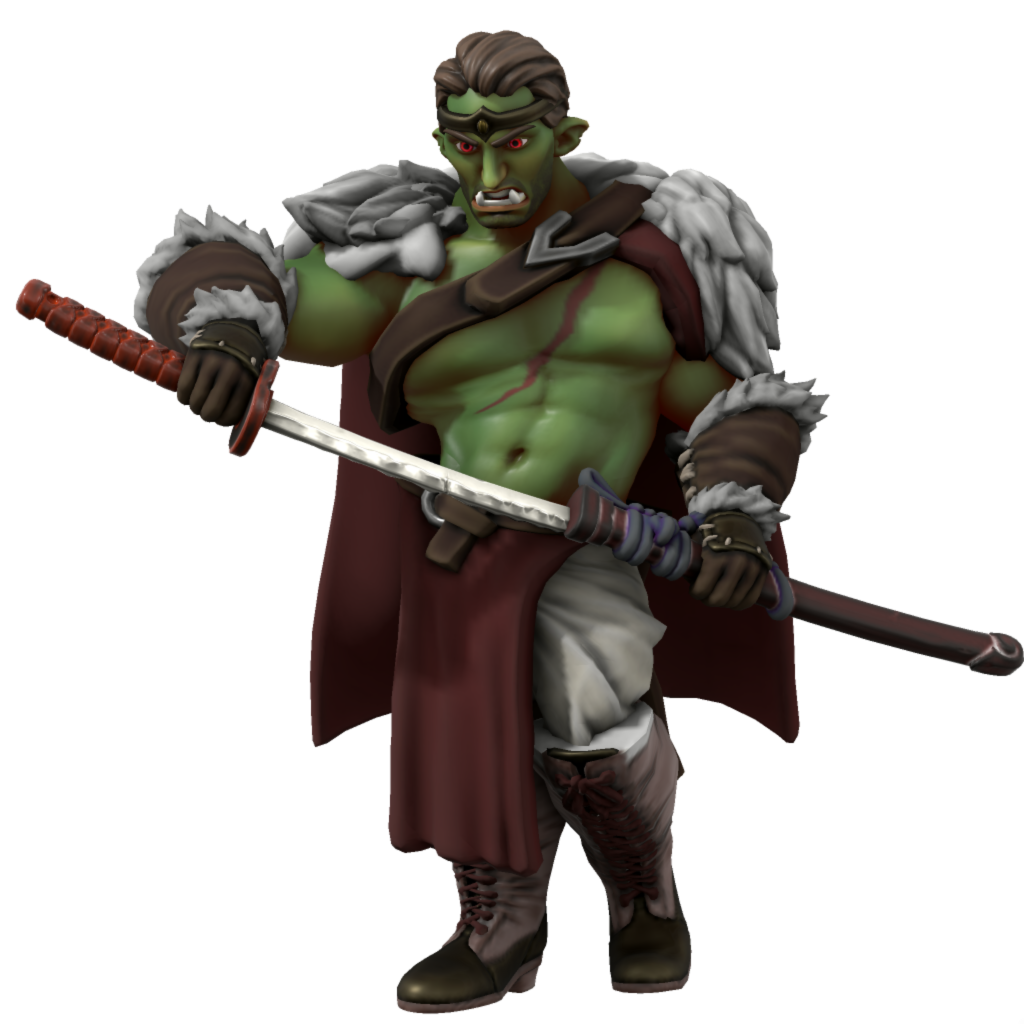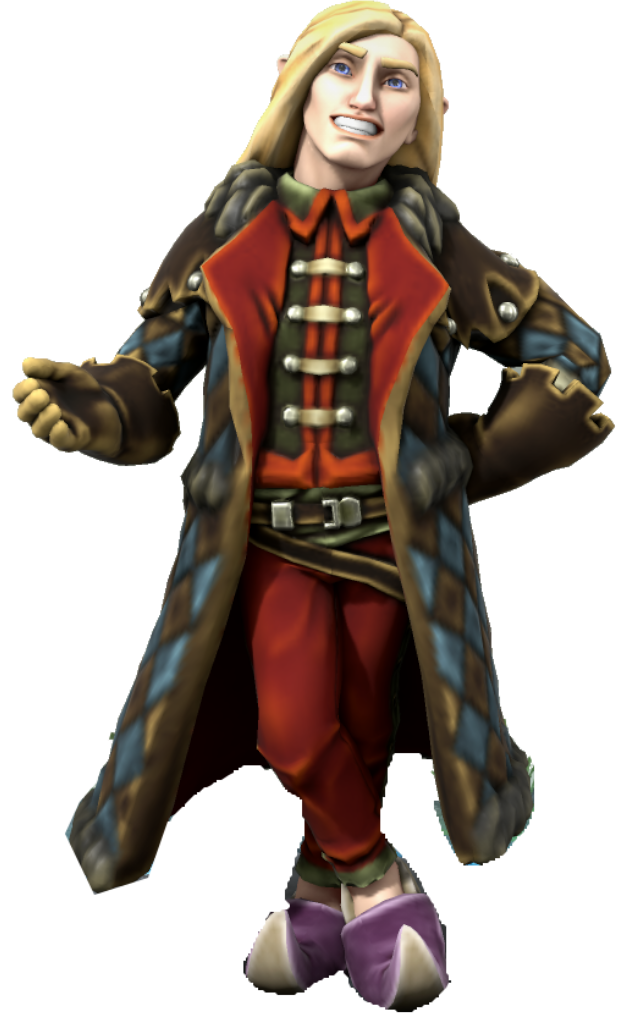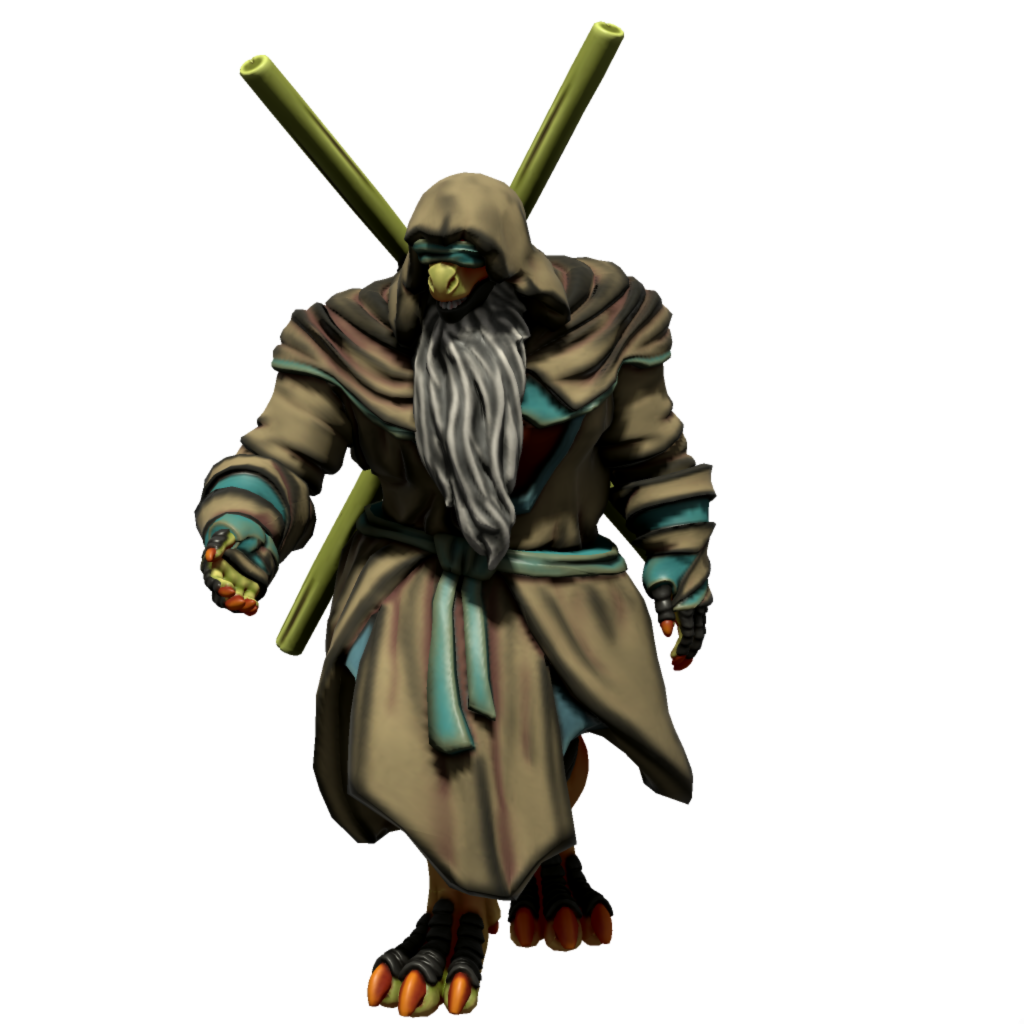Post-Heraldic Age of Faith
For much of Totanian history, the world centered around the will of and faith towards the Gods. However, in a time of great calamity, when it seemed the Gods had begun to abandon the world, global faith in most Gods began to fade. This was a period known as the Post-Heraldic Age of Faith, a period stretching from the late 700s up until the year 1269 when the Age of Gods began.
It is best characterized by a major decline in belief towards the Major Gods, with three major results. Some began to worship Minor Gods instead, while others abandoned faith as a whole, finding strength in their fellow man. But the greatest sign of the Post-Heraldic Age was the rise of cults.
History of the Post-Heraldic Age
There are many early signs of the Post-Heraldic Age, long before it ever truly is said to have began. Some even stretch it as far back as the Age of Heroes, when a God (The Nameless God) was first killed and a man, Amukk, ascended to Heaven in his place. To see a man, even with the army of the United Holy Front, take down a figure that was seen to be invincible, untouchable... it rocked Totania to its very core. While it did not lead to a major crisis of faith, it did cause many people to begin seeking power themselves, which is one of the major causes of the Age of Heroes, where mortalkind was at its most powerful. At that same time, the Gods were bound by some force to prevent most of them (except Janus, who had circumvented this power) from roaming Totania, confining them only to their holy sites. This limited the influence of the Gods, meaning they could only sway events if they were sought out, through their prophets, or if their priests, monks, or other holy figures spread their will for them. A symptom of this period, not the Post-Heraldic Age but a period which has retroactively been called the Nameless Age of Faith after the deceased God, is that groups of interest and ambitious priests had great sway over various world religions. Some of the most notable examples of this were when the World Court stole the body of the Head Priest of Amukk, a man named Linfire, and preached their own ideals of world conquest as if they were the words of the God himself. Amukk, being sequestered in a distant region of the world from most civilization, was unable to do anything, and couldn't fully see that he was being misrepresented on a global scale. In the same period the Head Priest of Athena, Ram Rodraz, changed the core tenets of the faith to such a great deal that the Goddess stopped appearing even at her own holy site. Many saw this as a sign that there was some great change in faith, that one of the Gods would leave, though she returned. A God who did not return, however, was Phrixus. His temple was destroyed by the forces of Helle, his sister, and he decided to abandon Totania. The first God to leave not because of a direct attack on Heaven, but because he himself had lost faith in the world.Sanguine Ketchup
The first sign of the Post-Heraldic Age and its effect on people is one that only appeared in hindsight to most of Totania: the founding of a small cult in the Draconian village of Evity, from the skeleton of a company known as Sanguine Ketchup. This was a cult around the hero Finethir Shinebright, meant to inspire Half-Elves who had been persecuted and killed for existing, and had no God to follow. Finethir himself had known Ram Rodraz, having been captured and forced into slavery to serve as a priest for him for a period before being part of the group that overthrew and killed Rodraz. It is said this was a formative experience for Finethir, who was also close to the leading figures in the faith of Phrixus. Seeing the way they took the fall of their God, along with the way the belief in the Gods had been twisted by Rodraz and the way his people were oppressed in the Elven Civil War, he created the first major cult in this period of Totania, one that would go on to inspire the Post-Heraldic Age. Finethir's cult was not particularly large, nor did it ever spread far from Evity, but he never intended for it to. All he wanted was to create a place for Half-Elves to be themselves and, besides that, to inflate his own ego with as large a group of followers as he could muster without incurring the wrath of governments who discriminated against Half-Elves, or his ex-wife, Lorakaen Shinebright, who rivaled him in power and could stop him if she pleased. Finethir was a great hero in his earlier days, but upon founding his cult he kept mostly in the shadows. His greatest influence was as an inspiration to the Post-Heraldic Age's leading figure, its namesake: the Mighty Herald.The Paragons of Unity
Having been born some time around the fall of Phrixus and Ram Rodraz, the Mighty Herald was said to have grown up around great religious unrest. He was in Ilder during a large crisis of faith, where it struggled to find what God it would ultimately endorse at a state level as its official religion. During that time, when the Herald was most likely only a child, a priest of Helle took over the village, exiling the Village Chief for a short period, likely only increasing the Herald's disdain for organized religion. After some strange beginnings, the Herald first appeared in Udai, gathering support before finally beginning to spread his ideals through a religious group called the Paragons of Unity. The core tenets of the Paragons of Unity were as follows:- Help others towards the teachings that bring them the most peace, showing them the light of truth.
- Invest in community. We are divine together, and only when our souls are one are we the Gods of this world.
- Seek a peace between the heart and the mind, and go where both agree.
- Tell the world of everyday greatness. Anything that brings a smile to your face deserves the recognition of the world, and so, too, is the case for the world's evils, which must be known and dealt with.
- Open your mind to new relationships, teachings, and experiences. We are more than our pasts, and we learn and grow from everything that happens in the aftermath of the present.
- Recreate joy not through reliving the past, but trying to bring the glory of what was to what is now in the present.
- Yearn not for what others have, but instead for self-betterment and the betterment of the world.
Zome's Fall
The actions of certain groups of interest around the Dragon Lord Zome, Lord of Red, are said to have been the final nail in the coffin that began the Post-Heraldic Age of Faith. The final domino to fall was the death of the red Dragon Lord, a sign of divine power as one of the first creatures to ever be created by the Gods. A famous writing of the period, from an author of the period named Yltarra Nerifir, says:"Few were present for the death itself, but all the world heard it. A great thundering sound, as if Heaven itself had fallen.Great mourning from the Heavens for a being who had, to those alive meant nothing but death and destruction. A force we thought stronger than the Gods themselves at times, for few had sought to challenge them, but many had faced Zome and fallen for it.Now, it was he who perished, and with him, a feeling of weakness in the world, a helpless feeling that had existed long before any of us had been born. A feeling that likely had only not been felt in the age of the Giants, when they could stand against Dragons confidently with their might.Now, the world began to wonder... was there any limit to our strength as mortals? Was our potential infinite? Was that old Herald, perhaps, speaking some sort of truth?" Not long after his death, the forces of Hell invaded Totania during the Ba'al Street Crash, and many found no way to fight back, as most had lost faith in the Gods at this point. This gave increased strength to the Devils, who were otherwise counteracted by the Gods through Divine Trifecta. These forces, led by the top stock trader Profit, ravaged the world, targetting places where there was little support and where they could kill the most people. With the lack of faith around the world, this meant more souls that went to Hell, lining the pockets of the stock traders.Fall of the Risen God
If the Post-Heraldic Age had not been enough to cement the fall of organized religion and belief in the Gods, then the actions of a certain group of Demon worshippers would do it. Led by the Korvian known as Funker, these warriors used Demonic Possession to grant themselves power enough to kill a God, and stormed Heaven, killing the mortal who had risen up to Heaven. However, no one took his place. They destroyed his temple, broke up his faith, but left his remnants in Heaven to rot, unable to communicate with the world. It is said Funker's major goal was to get all mortalkind to abandon the Gods, as Chernobog wanted, so that the world could see the falsehoods of these so-called Gods. And it worked, as most of the people who had already been abandoning the Gods for hundreds of years now almost fully left them behind. The one man who had ascended to Godhood for them, who promised to look out for the interests of the people, was dead. Without him, it was believed that the Gods had all but abandoned Totania and mortals like Phrixus had. The only Gods to maintain a major following were Hadur, Helle, Selene, and Izanagi, as four of the most worshipped Gods with the most faithful followers in the world. The other Gods experienced a steep decline in followers, and grew incredibly weak as a result. It seemed as if it could be the end of religion as Totania knew it, and the rise of faith in mortals, both cultic and just community focused.Age of the Gods
At least, that was until the rise of another hero. Someone who wished to pick up the pieces left behind by Amukk, by Finethir Shinebright, by the Mighty Herald. He was not a scholar, and his knowledge of these individuals was limited, but he admired them for the core ideas and what they tried to do. Uniting people, helping people, protecting people. Giving them faith. His name was Thel Pteethtack. He was a vain man who sought to become a God, at first, because he believed he deserved it. But he was also a Half-Elf who, like Finethir Shinebright, wished for his people to have a place in Heaven as well, and for someone to believe in. Thel brought together a gigantic coalition, using the ideas of unity and community that the Mighty Herald had preached, but eventually, Thel himself believed them in a way that the Herald only pretended to. Finally, Thel traveled the world before ascending to Heaven, even going to Hell, helping people in ways the Gods and governments refused to. Making people believe again in something, and this, eventually, led to an army like Amukk once had. The Crusaders of Thel, who founded a new religion and inspired the world to once more believe in the Gods. Thel himself became a God, killing Hadur and taking his place. Once in Heaven, he convinced Phrixus to return and found that Amukk was still clinging to life in his own Heavenly Realm. Both Amukk and Phrixus returned to Totania alongside the newly ascended Thel Pteethtack, ushering in a new age of faith where people began to believe, once more, that the Gods could help them. The end of the Post-Heraldic Age of Faith.
Cover image:
Skull
by
joaoluis98








Comments